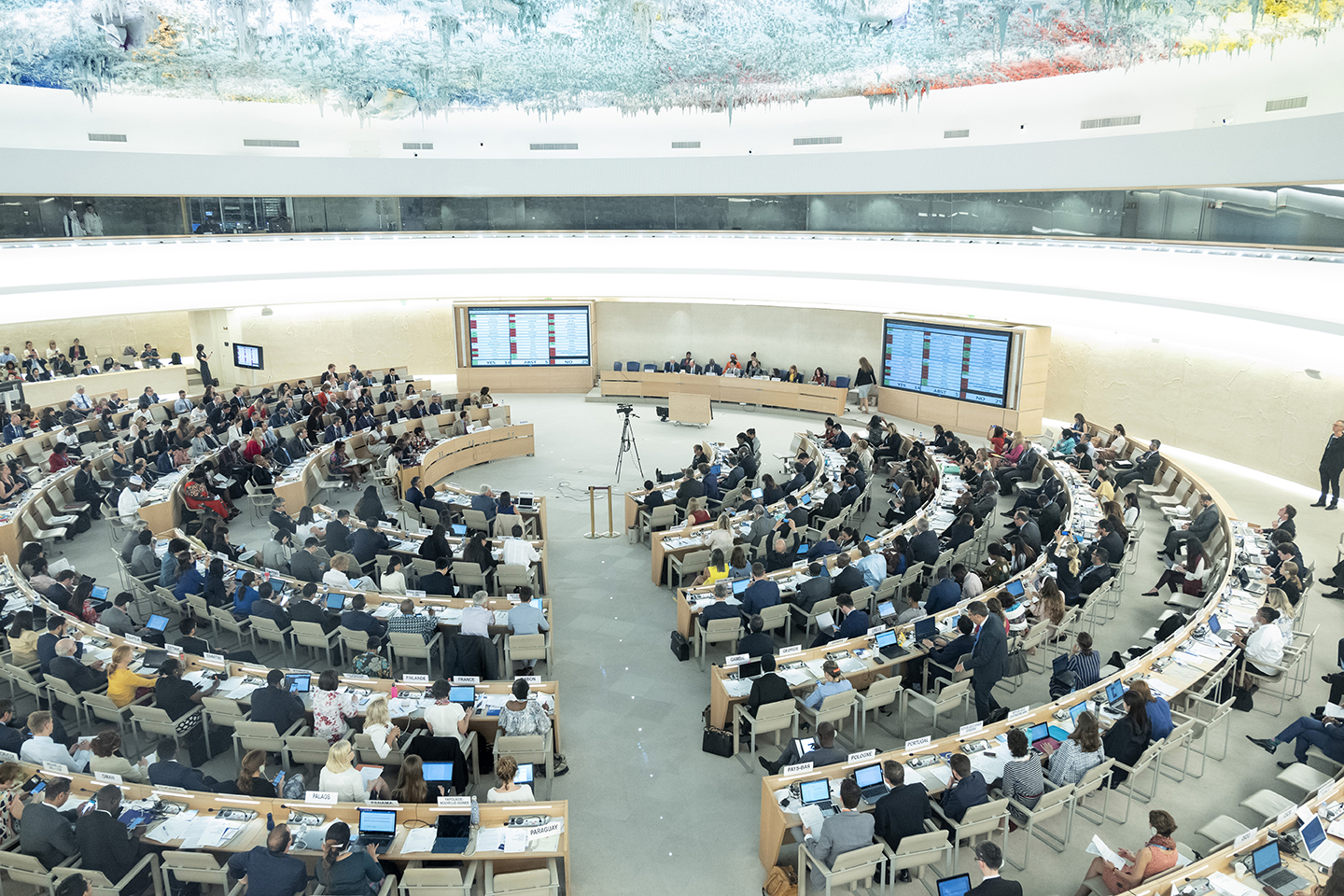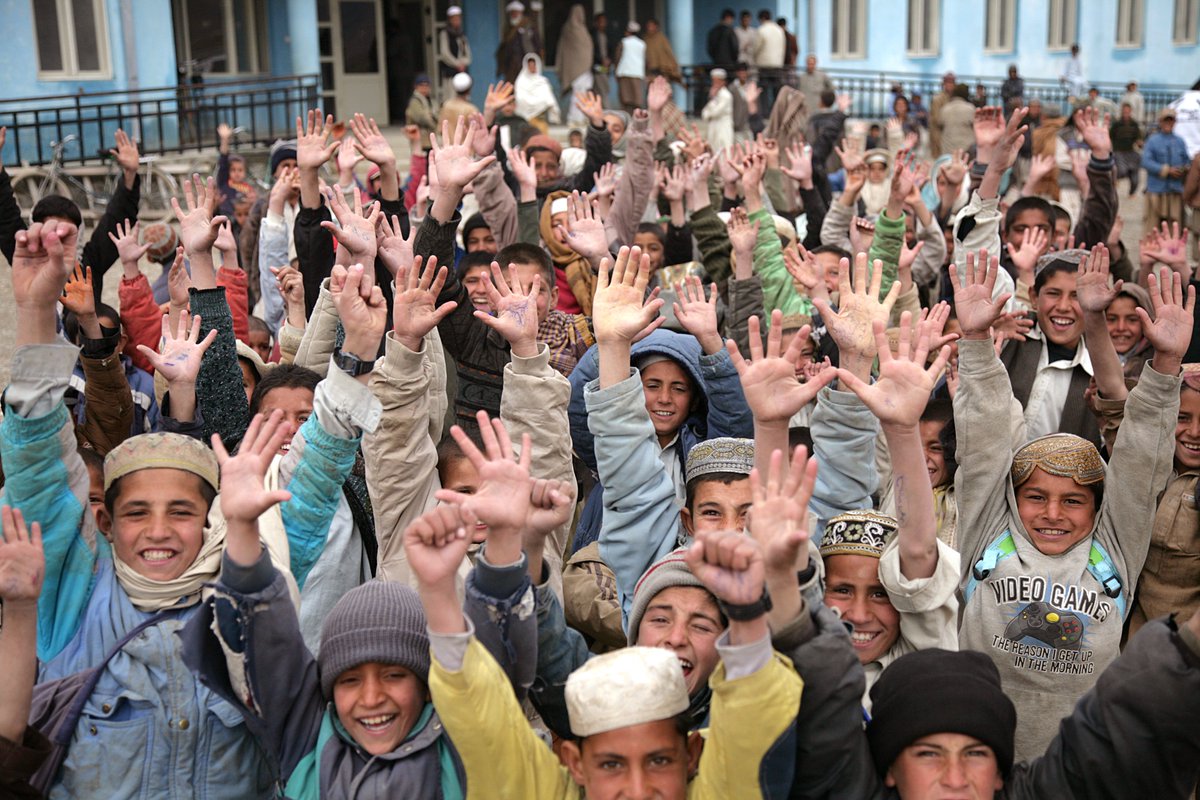Freedom of religion or belief is the basic human right, which plays an important role to combat religious hatred, incitement and violence. However, acts of intolerance and violence in the name of religion or belief, against individuals, including against persons belonging to religious communities and religious minorities, continue around the world. The number and intensity of such incidents, often criminal in nature, are increasing. Through the International Day Commemorating the Victims of Acts of Violence Based on Religion or Belief (22 August), the United Nations condemns the violence.
Human Rights
We all can do something against racism. You too. Join UNESCO and leading personalities from all over the world in denouncing mounting racial discrimination. UNESCO has been on the forefront of the fight against racism since its creation in 1945. In 1978, it adopted the Declaration on Race and Racial Prejudice which reaffirms that “All human beings belong to a single species and are descended from a common stock. They are born equal in dignity and rights and all an integral part of humanity.”
The Human Rights Council is an inter-governmental body within the UN system, based in Geneva. It is made up of 47 States and can discuss all human rights issues and situations that require its attention throughout the year. It is meeting to adopt its programme of work for the year and to select country rapporteurs for its Universal Periodic Review (UPR) Working Group in 2023. One of the main features of the Council, the UPR asks States to declare what actions they have taken to improve the human rights situations in their countries and to fulfil their human rights obligations.
The term “human rights” was mentioned seven times in the UN's founding Charter, making the promotion and protection of human rights a key purpose and guiding principle of the Or



